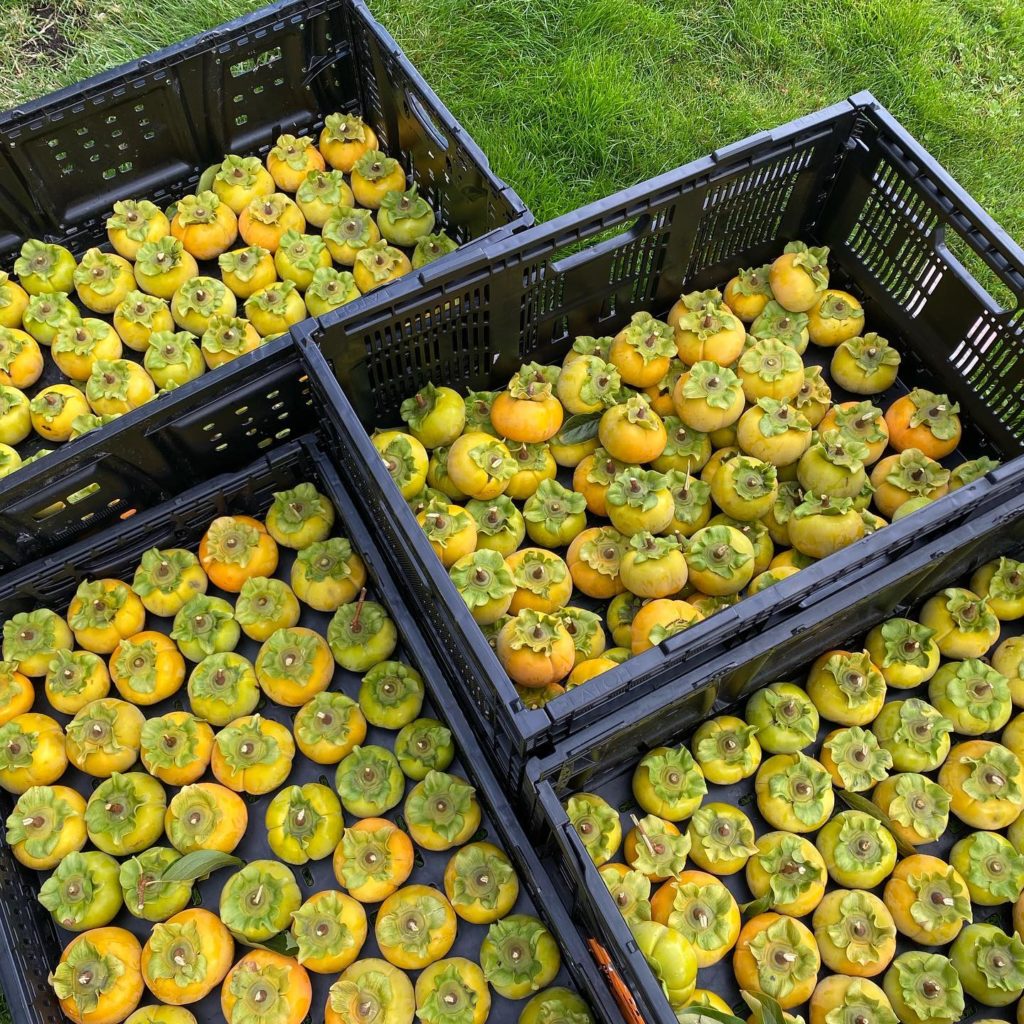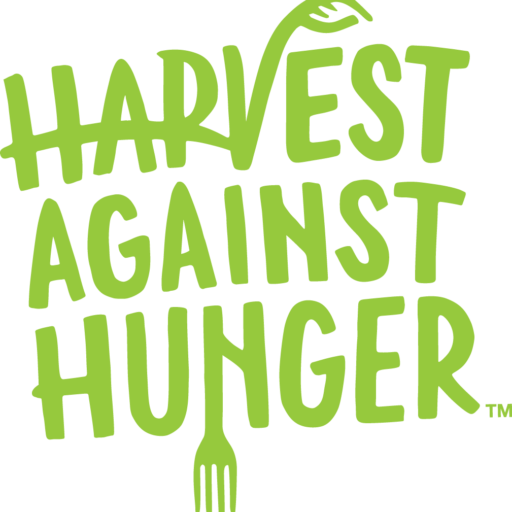How Can We Help?
Harvest Program at City Fruit

Written by Jordyn Egbert, Fundraising and Development Specialist
Through City Fruit’s Harvest Program, their team and volunteers harvest roughly 40,000 pounds of fruit annually — good fruit that would otherwise go to waste — and redistribute this quality, local fruit throughout Seattle so it can be shared with the community. Harvesting produce from public and private fruit trees reduces food waste and increases access to hyper-local, organic fruit. Before City Fruit’s Harvest Program, extra fruit from many local fruit trees went unharvested, and nutritious food that could have been enjoyed throughout the community was wasted. Unharvested fruit left to rot on trees or on the ground also leads to pest infestations, which City Fruit actively works to prevent.
The City Fruit Harvest Team consists of a seasonal Harvest Manager, Assistant Harvest Manager, a Seasonal Harvester, an AmeriCorps Vista Summer Associate, and interns from either the Seattle Youth Employment Program or the University of Washington. During Seattle’s harvest season from July to November, the Harvest Team gleans fruit from private fruit trees and public orchards across Seattle. Harvested fruit includes cherries, pears, figs, grapes, apples, quince, persimmons, berries, and plums.
All harvested fruit is divided into different categories based on its quality. Market-ready fruit is distributed directly to food banks, City Fruit’s Fruit-For-All free fruit farm stands, and community partners, which include local elementary schools. Fruit that is windfallen, bruised, or has pest damage is distributed to meal programs (see Utilizing Windfallen, Bruised, or Pest Damaged Fruit) and local cider companies and bakeries. With a variety of distribution partners, City Fruit provides quality, local fruit to the community, while reducing food waste.


